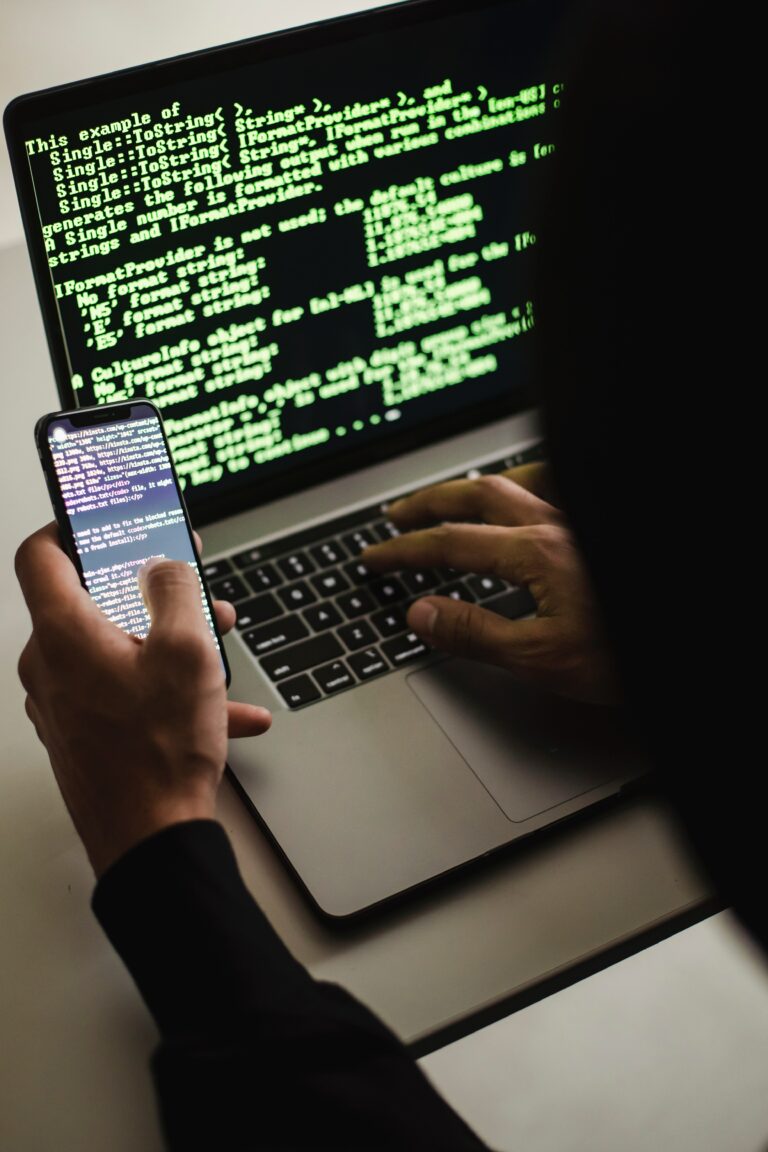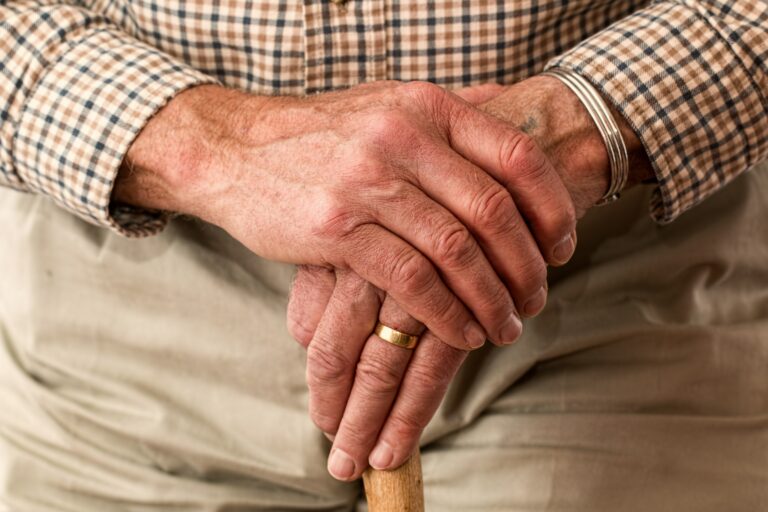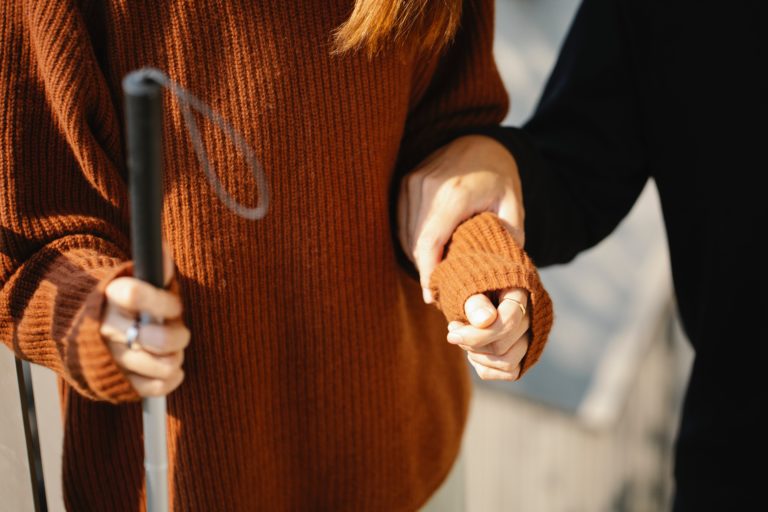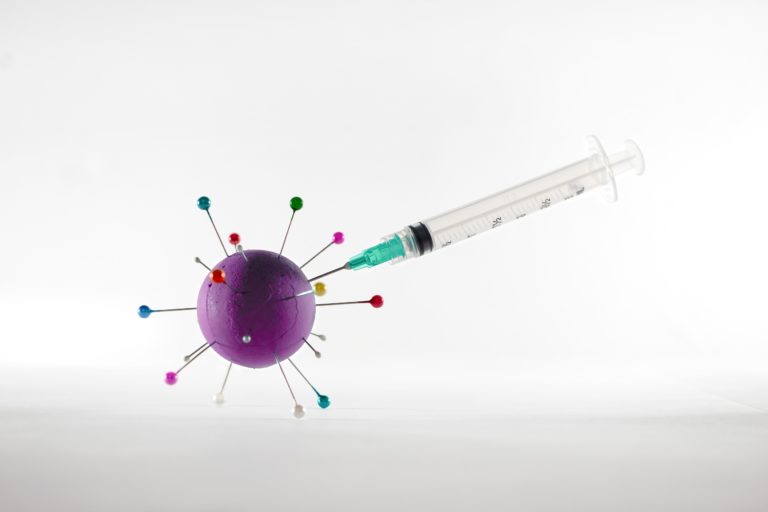
What are the Most Popular Estate Planning Scams?
The Wealth Advisor’s recent article entitled “Beware of These Common Estate Planning Scams” advises you to avoid these common estate planning scams.
- Cold Calls Offering to Prepare Estate Plans. Scammers call and email purporting to be long lost relatives who’ve had their wallets stolen and are stranded in a foreign country. Seniors fall prey to this and will pay for estate planning documents. Any cold call from someone asking that money be wired to a bank account, in exchange for estate planning documents should be approached with great skepticism.
- Paying for Estate Planning Templates. For a one-time fee, some scammers will offer estate planning documents that may be downloaded and modified by an individual. While this may look like a great deal, avoid using these pro forma templates to draft individual estate plans. Such templates are rarely tailored to meet state-specific requirements and often fail to incorporate contingencies that are necessary for a comprehensive and complete estate plan. Instead, work with an experienced estate planning attorney.
- Not Requiring an Estate Plan. Although less of a scheme, somepeople think they do not need an estate plan. However, proper estate planning entails deciding who can make health care and financial decisions during life, in the event of incapacity. These documents help to minimize the need for family members to petition the Probate Court in certain situations.
- Paying High Legal Fees. Like many things in life, with an estate plan, you may get what you pay for. Paying money upfront to have your intentions memorialized in writing can minimize the expense. Heirs should be on guard if an attorney hired to administer an estate is charging exorbitant fees for what looks to be a well-prepared estate plan. Don’t be afraid to get a second opinion in these situations.
- Signing Estate Planning Documents You Don’t Understand. Estate planning documents are designed to prepare for potential incapacity and for death. It is critical that your estate planning documents represent your intentions. However, if you don’t read them or don’t understand what you’ve read, you will have no idea if your goals are accomplished. Make certain that you understand what you’re signing. An experienced estate planning attorney will be able to explain these documents to you clearly and will make sure that you understand each of them before you sign.
You can avoid these common scams, by establishing a relationship with an experienced attorney you trust.
Reference: The Wealth Advisor (June 7, 2021) “Beware of These Common Estate Planning Scams”









